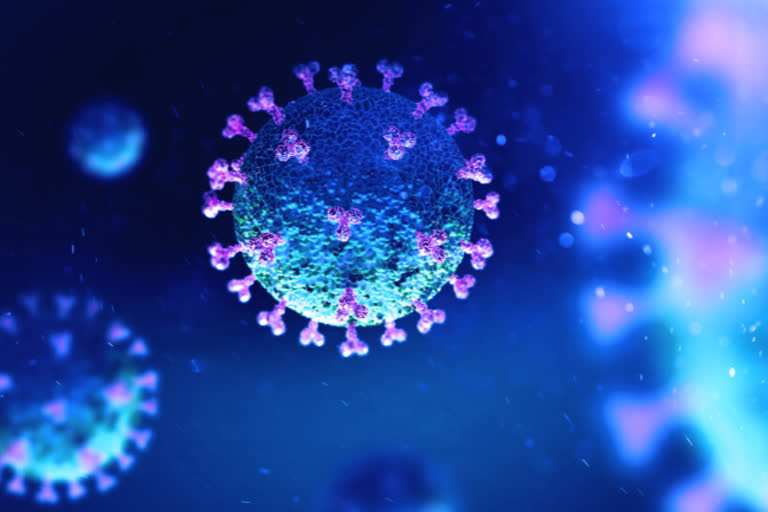Bhubaneswar: A study conducted jointly by researchers at IIT-Bhubaneswar and the AIIMS here has shown that the spread of COVID-19 may pick up pace during peak monsoon and winter with a fall in the mercury.
The rainfall, decrease in temperatures and cooling of the atmosphere coupled with progression towards winter may environmentally favour the spread of COVID-19 in the country, according to the study led by V Vinoj, Assistant Professor of the School of Earth, Ocean and Climatic Sciences at IIT-Bhubaneswar.
The report titled "COVID-19 spread in India and its dependence on temperature and relative humidity" took into account the pattern of the coronavirus outbreak and the number of such cases in 28 states between April and June.
The study revealed that the rise in temperatures leads to a decline in the transmission of the virus, Vinoj said.
"The study, which is in its pre-print stage, shows that the temperature and relative humidity have a significant impact on the disease growth rate and doubling time.
"It suggests that a one-degree-Celsius rise in temperature leads to a 0.99 per cent decrease in cases and increases the doubling time by 1.13 days, implying a slowdown of the virus spread," he told Media.
The study also found that an increase in relative humidity tends to decrease the growth rate and doubling time of coronavirus cases by 1.18 days.
